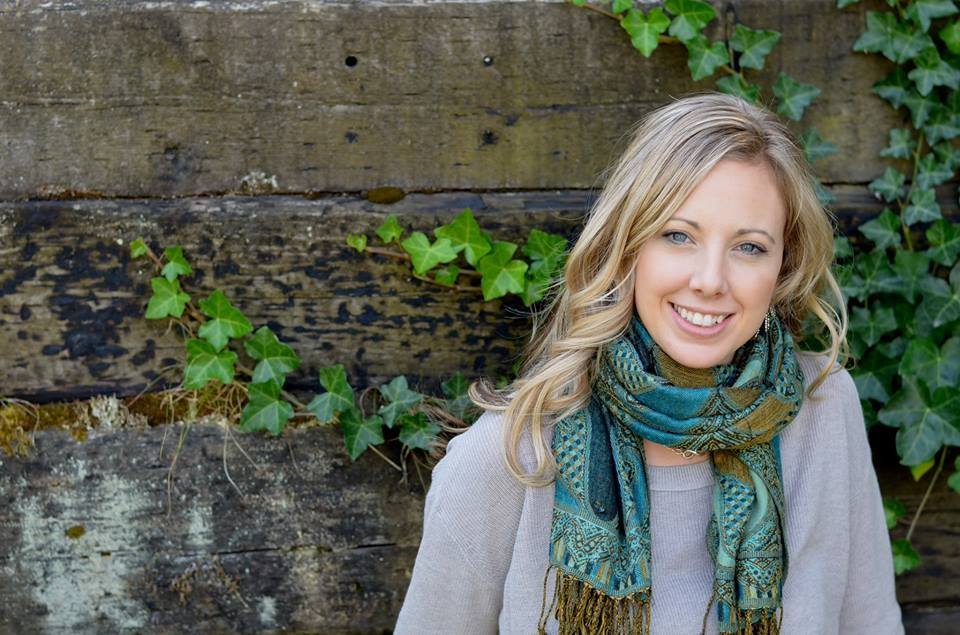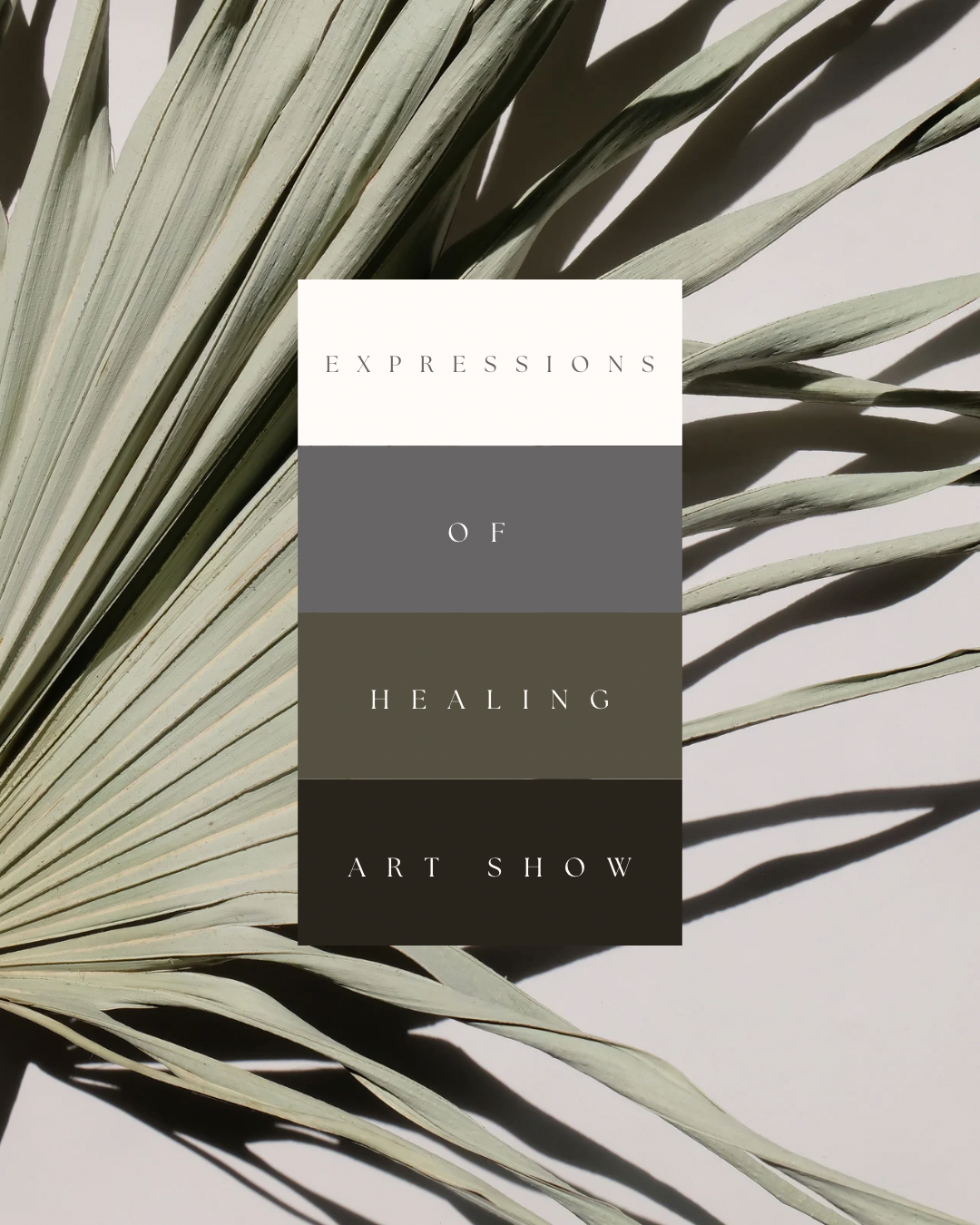“In the process of letting go, you will lose many things from the past, but you will find yourself.” - Deepak Chopra
I have, in different moments of my life, in varying degrees, struggled with anger. Nothing anyone would really notice, I’ve not been aggressive or loud with anger. But it has lived a full life, locked tightly, I daresay trapped, in the contents of my brain. My anger prefers a pattern of looping, rumination, and at its worst, it is an exhausting mental obsession. I like to think of it as my own personal Kangaroo Court, played out in the crevices of my thoughts, following me throughout my day: getting ready for work, when I’m alone in the car, and at bedtime when I should be sleeping.
If I’m being honest, I have hated this part of myself. I have longed for peace of mind, peace in my heart, yet felt so very powerless stopping these thoughts.
The undoing of this battle (anger vs peace) came to me one afternoon, in the way that most great revelations do: sitting on my deck, feeling the warmth of the sunshine, in search of no answers at all. It is incredible what happens when we allow stillness into our world. Allow me to share:
My anger was completely interconnected with my need to control.
Boom.
Now perhaps control is the wrong word, but it was the one that arrived during this particular epiphany. Clear as day. Interpreted as a form of self-centeredness that presumed everyone should think and act the way I expected them to. Whether I attempted to influence their behavior or simply assumed they should be better. (By the way, I’m referring to everyone in my world - my kids, partner, friends, colleagues, not-friends. You name it). It was made worse if I had told said folks how they should think, feel and behave, and they refused to jump on board with that. It was additionally aggravated when their behaviors seemed just so common sense wrong , and was out of control when they hurt me or the people I love.
Continued reflection pointed out that my need to have everyone behave in a way that fit neatly within my own world view robbed me of happiness, forgiveness, peace, and connection. And it was something I literally had no power over. Crazy-making, eh?
I started checking off all the people in my life to whom my anger had applied, and realized this was true. Every. Single. Time.
Who’d have thunk it:
I guess not all people have the same world view as me… Hmmmm.
I guess not all people have the same priorities as me…. Hmmmm.
I guess not all people give a hoot about my happiness or hurts…. Hmmmm.
I suppose other people’s journey might be different than mine…. Hmmmmm.
And spending all that time, mental energy and exuding this toxic stress was hurting only, well only hurting me…. Hmmmm.
Interesting.
And rather than dragging me into a pit of despair, this revelation lifted (what felt like) years of burdens from my mind, body and spirit. It put control back in its useful place, which ultimately was about personal responsibility for my own happiness, my responses to others, and setting necessary and appropriate boundaries. In other words, the things that actually fell within my scope of influence.
If you’re interested in a few tips for how to begin a practice of letting go of control, here are my thoughts….
1. Practice Acceptance
We must accept reality exactly as it is and people exactly as they are. Imperfect, flawed, difficult, different than us, different than we would want it to be.
2. Choose your Choice
Choose responding rather than ruminating . When someone pushes your buttons and triggers anger (or other emotions), pause and practice self-compassion. Acknowledge that this situation and/or person is challenging you, and that it’s hard and it hurts. Take some time to consider different responses that fall within your control, and then act from this place of clarity. This is how we reclaim our personal power.
3. Set some Boundaries
Identify your boundaries. Remember that boundaries are limits we set to protect us from harm. If someone hurts us, or fails to live up to expectations, the only thing within our control is to (1) make sure our expectations are clear; and (2) put the necessary protections in place to limit the ability of folks to overstep or hurt us and the people we love.
4. Let go of Agenda and Outcome
This is perhaps the hardest of all the tips. We must do our best to approach people and situations with curiosity and compassion, doing our best to let go of our own agendas, and trust that whatever the outcome, we can handle it. We are strong survivors of life. If this situation is about someone you love who is hurting, we must also trust that whatever they are going through is part of their journey. They are learning and growing from whatever suffering they are going through. Usually it is the hard stuff that turns us into more resilient, empathetic, loving beings.
5. Focus on Yourself and Your Life
Do everything in your power to focus your energy and attention on all things wonderful about your life. Practice gratitude. Dig in the garden. Go on a weekend adventure. Enjoy the summer weather. Connect with your people. Set a goal. Do whatever it is that floats your particular boat 😊
This is a tough and complex topic that, at least for me, caused an unraveling of how I viewed and interacted with the world. I hope, at the very least, you pause and reflect. I wholeheartedly believe this is a necessary step in one’s journey towards a more playful and joyful life.
As always, wishing you peace.
Christina




